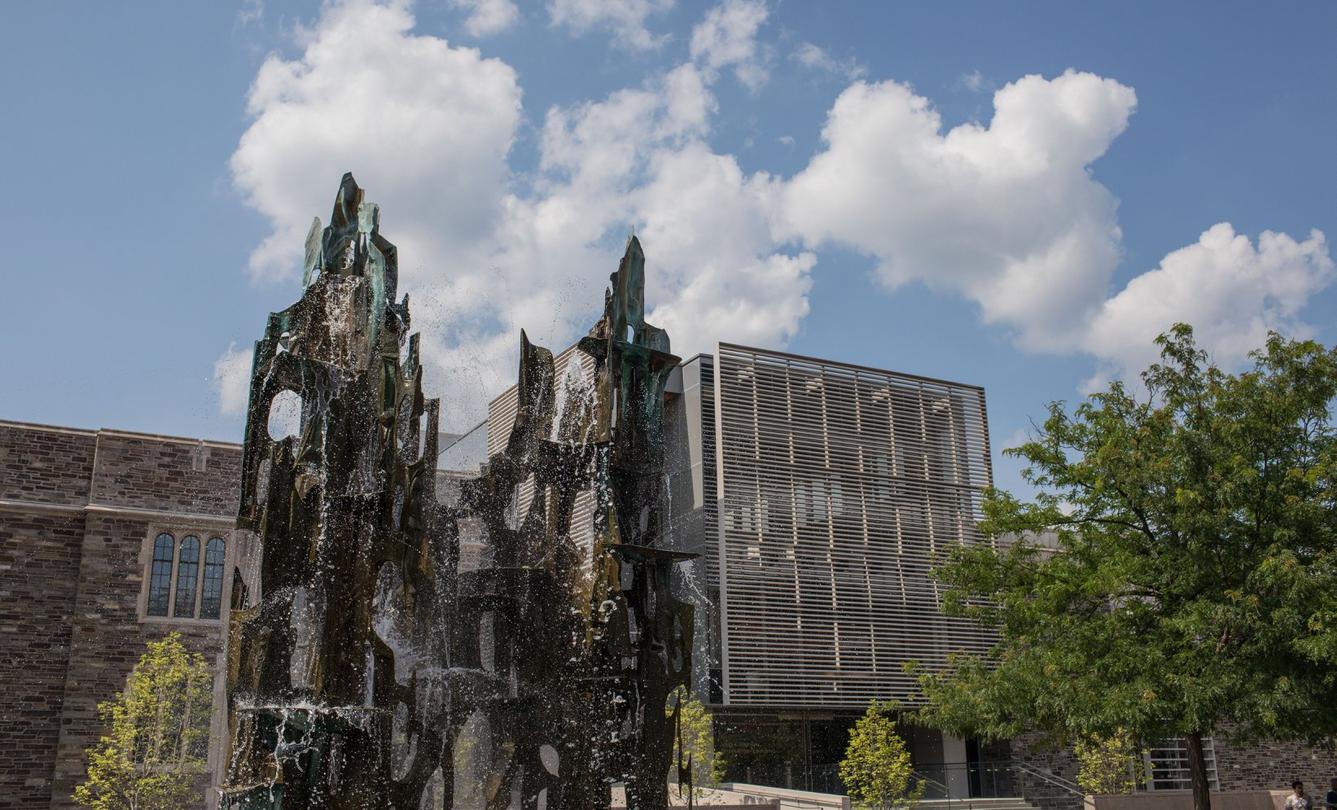Four exceptional scholars selected as inaugural PIIRS Postdoctoral Fellows

The program supports scholars whose research deepens understanding of specific regions while tackling big-picture questions in the social sciences. Fellows will join a vibrant intellectual community of faculty and peers, engaging in regular workshops, interdisciplinary conversations, and collaborative activities that challenge assumptions and expand horizons.
“As a global institution, PIIRS is dedicated to advancing innovative scholarship and teaching that addresses the world's most pressing challenges,” said Deborah Yashar, the Donald E. Stokes Professor of Public and International Affairs and director of the Princeton Institute for International and Regional Studies (PIIRS), “and the PIIRS Postdoctoral Fellows Program is integral to that mission.”
The PIIRS Postdoctoral Fellows for the 2025-2026 academic year are:
- Akshay Govind Dixit, Harvard University
- Jillian LaBranche, University of Minnesota
- Shoko Yamada, Yale University
- Narmin Yousef-Butt, University of California-San Diego
The postdocs will meet bi-weekly with the program’s faculty director, and periodically with a core group of faculty fellows across disciplines — including João G. Biehl (anthropology), Pascaline Dupas (economics), Filiz Garip (sociology), Harold James (history), Seema Jayachandran (economics), Layna Mosley (politics), Elizabeth Levy Paluck (psychology), Grigore Pop-Eleches (politics), Gyan Prakash (history) and James Raymo (sociology), Yashar (politics) — to present their work and learn from others.
They will also have access to research funds and the opportunity to organize book workshops. The program encourages scholars to engage in what developmental economist Albert Hirschman called the "art of trespassing," crossing disciplinary boundaries to advance scholarship by interrogating underlying assumptions and points of view; and discovering new analytical perspectives. The goal is to support pathbreaking research that simultaneously engages regional experts, disciplinary colleagues and a broad social science audience.
More about the fellows:
Akshay Govind Dixit is a political economist whose research investigates why ethnic divisions endure in developing countries and how government policy can reduce them. He received his Ph.D. in political economy and government from Harvard University. His dissertation analyzed how and under what conditions welfare programs foster inter-caste integration in India, combining causal inference with in-depth qualitative fieldwork; At Princeton, Dixit will work on a book manuscript based on his dissertation, advancing the argument that ethnic divisions persist in part because individuals rely on co-ethnic networks for social insurance during times of need.
Jillian LaBranche is a sociologist who employs comparative and qualitative methods to examine how knowledge is constructed in the wake of mass atrocity. She received her Ph.D. from the University of Minnesota. At Princeton, LaBranche will further develop her book manuscript, based on her dissertation, which examines how macrostructures and microstructures interact in the construction of knowledge. More specifically, the book will investigate how Rwandan and Sierra Leonean educators and parents teach the newer generations about their nation’s recent history of violence.
Shoko Yamada is an anthropologist with research interests in political and moral economies, time and event, and human-environment relations. She earned her Ph.D. in the Department of Anthropology and the School of the Environment at Yale University. As a PIIRS Postdoctoral Fellow, she will work on her ongoing book project, which is based on long-term ethnographic engagements across a river basin in northcentral Japan.
Narmin Yousef-Butt is a political scientist specializing in conflict and reconciliation in post-conflict states, with a regional focus on the Middle East and North Africa. She earned her Ph.D. in political science from the University of California-San Diego. At Princeton, she will be working on her book, “Rebuilding After Conflict: Legacies of Collaboration and How to Overcome Them,” which incorporates new mixed-method studies from Syria and Iraq and explores how bias against former collaborators can be addressed to promote political reintegration and sustainable peace.
